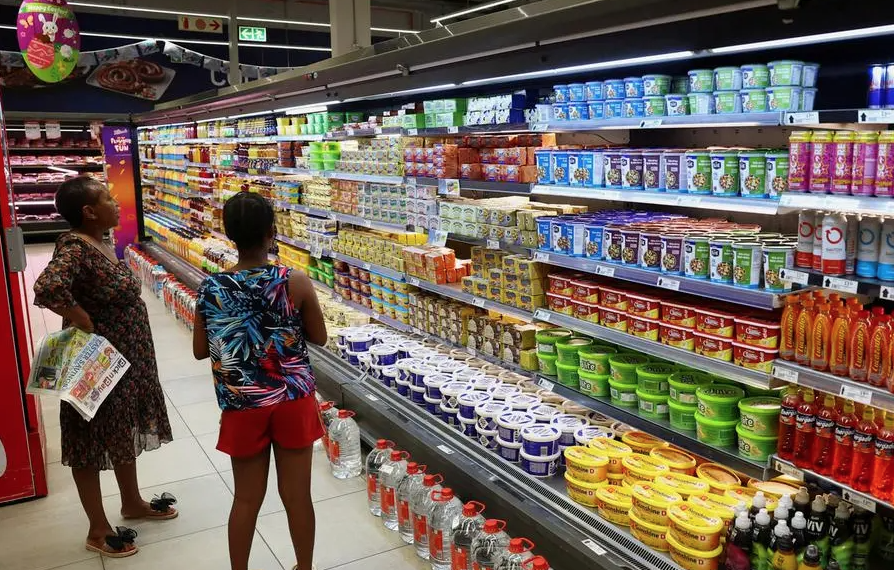411
Rosé Wine, Vapes, and Snuff: Big Changes to South Africa’s Inflation Basket

South Africans’ shopping habits are shifting, and the country’s inflation basket is changing to reflect that. Statistics South Africa (Stats SA) has announced a shake-up of the consumer price index (CPI), adding some surprising new items while dropping others.
What’s New?
Added to the inflation basket:
Rosé wine – Reflecting growing demand for this trendy beverage
Snuff – Recognizing its steady consumer base
E-cigarette refills – As vaping continues to grow in popularity
What’s Out?
Frozen potato chips – Falling demand leads to removal
Condensed milk – No longer a staple in many South African households
Why These Changes Matter
The consumer price index (CPI) is used to measure inflation by tracking the cost of goods and services. Patrick Kelly, Stats SA’s chief director of price statistics, explained that this update ensures the CPI better aligns with national spending trends.
“Vaping has become quite popular over the last number of years as an alternative to cigarettes, so we are including these,” Kelly said at a press briefing in Pretoria.
Also Read: Trump Tariffs Threaten Inflation Stability, Warns South Africa’s Kganyago
Key Adjustments in Weighting
In addition to item changes, the weight of certain categories in the CPI basket has been adjusted:
Housing now accounts for 24.1% (previously 24.5%) – still the biggest category
Food and non-alcoholic beverages up to 18.2% (from 17.1%) – reflecting higher household spending on essentials
Transport drops to 13.9% (from 14.4%) – likely due to changing fuel consumption patterns
Fuel’s contribution falls to 3.9% (from 4.8%) – thanks to declining fuel costs and shifting mobility trends
Insurance and financial services now have a dedicated category (10.4%) – previously grouped under miscellaneous goods and services
When Will the Changes Take Effect?
The new inflation basket takes effect in January 2024, with Stats SA incorporating the updates in the 19 February inflation release, using December 2024 as the reference period.
Impact on Inflation and Interest Rates
With the annual inflation rate at 3%, analysts expect it to remain below the central bank’s preferred 4.5% midpoint until mid-year. Meanwhile, the South African Reserve Bank (SARB) is expected to cut the benchmark interest rate to 7.5% in its upcoming policy decision.
Lower inflation and declining fuel prices could ease financial pressure on households, but the rand’s 4% depreciation since November remains a concern.
What’s Next?
The inflation basket review is a crucial tool for policymakers and businesses in understanding consumer behavior and economic trends. With new spending patterns emerging, expect further shifts in how inflation is measured in the coming years.
What do you think of these changes?
Follow Joburg ETC on Facebook, Twitter , TikTok and Instagram
For more News in Johannesburg, visit joburgetc.com















